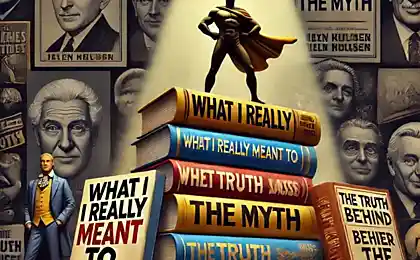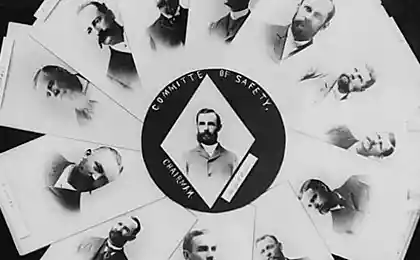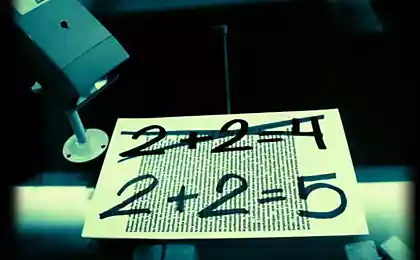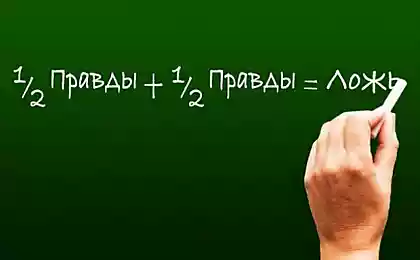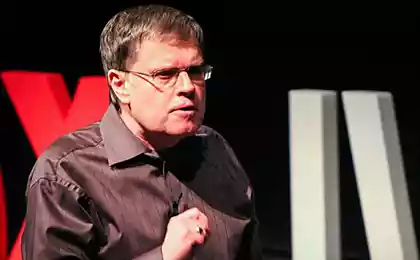Why are you sure know something, even if in fact know nothing

Not knowing anything should make us doubt. Instead, the effect is just the opposite, and people do not just declared its awareness, but even finds an explanation.
Psychologist and Professor David Dunning of Cornell University wrote for "Pacific Standard" article on the psychology of ignorance, misinformation and confidence.
You may have heard about Dunning-Kruger effect - complete formulation is as follows:
«People with low skill levels, making erroneous conclusions and make unfortunate decisions, but are not able to realize his mistakes because of their low level of qualification».
blockquote> Misunderstanding error leads to conviction in their own right and, hence, increase self-confidence and awareness of their superiority. Thus Dunning-Kruger effect is a psychological paradox with which we are all often face in life: less competent people consider themselves professionals, and more competent tend to doubt yourself and your abilities.
I do not think that it applies only to others, but not you. Dunning writes:
«It is easy to condemn others for stupidity. It is tempting to think that you are not affected. And admit their ignorance at times difficult for all ».
blockquote> We make mistakes, even when 100% sure. This greatly affects the study of scientific disciplines. Dunning explains the role played by the effect of teaching the theory of evolution:

"The desire to harm mistaken attempts to teach one of the most important scientific disciplines of our time - the theory of evolution. Those who support it in general, are often mistaken in particular. If you ask why cheetahs run so fast, they'll tell you: the cat realized that so catch more prey, and they have developed the necessary properties, then transferred cubs. From this perspective, the evolution appears as a strategy at the level of species.
But this idea does not explain the evolution of the role of individual differences between members of the same species: fast cheetah catches more prey, live longer and breed successfully and slow cheetah loses, and all kind of gradually gets faster. Evolution - is the result of natural selection, rather than strategy or selection.
But the belief in "evolutionary strategy" is hard to beat. Even if everything is to explain to people how it is, sometimes it's just more of them misinformed. In 2014, Tony Yates and Edmund Marek published a study on the impact of biology lessons on understanding the students the theory of evolution. Children are tested on knowledge of theory before and after a course of biology. After the training, they agreed with a lot of true facts.
The trouble is that the number of disagreements with these facts also increased. Interestingly, the only answer that after the course began to give much less often - "I do not know" ».
blockquote>
via factroom.ru


